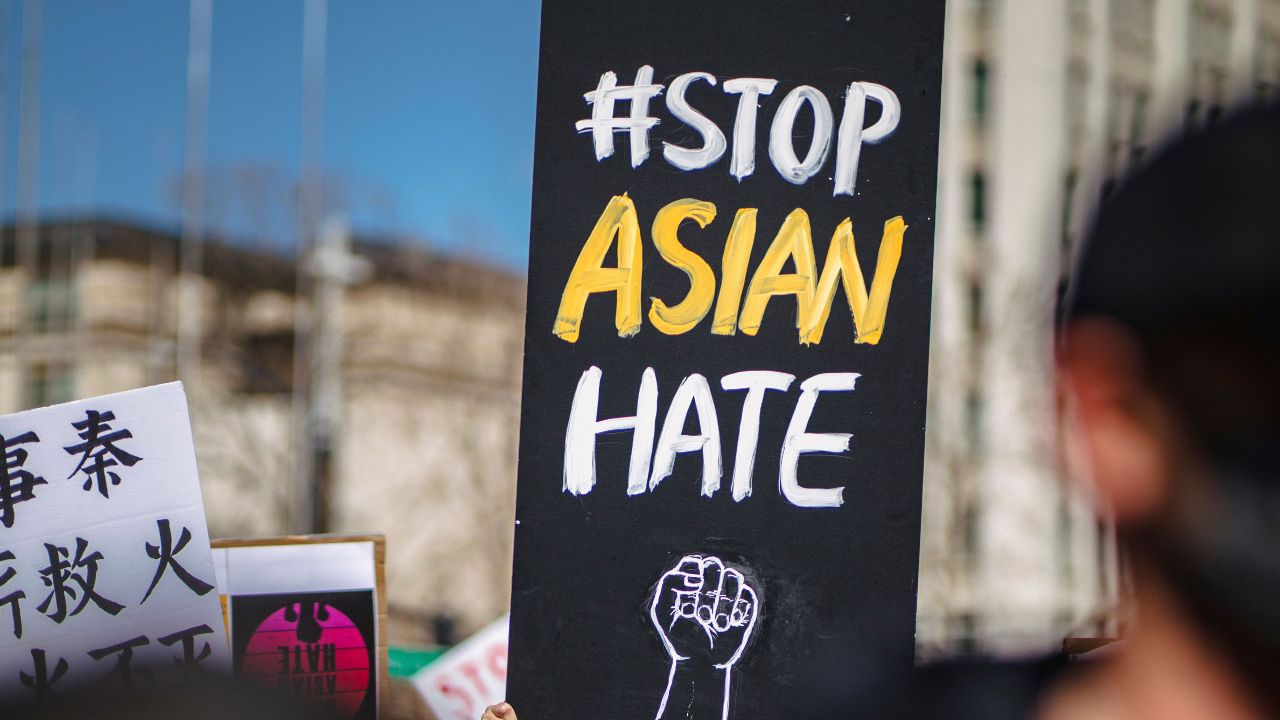








) smh.jpg)


Funds:
Spanish Research Agency and ERDF (EU)
Period: 2016-2018
In response to the urgent task of exploring the relationship between literature and globalization, the main aim of our research project is to apply a transnational approach both to American (US) literature and to the very field of American Studies. According to our initial working thesis, contemporary American literature both inscribes and questions the phenomenon of globalization.
Given the sociological as well as discursive nature of the concept of globalization, this research project will have a strong multidisciplinary essence. On the one hand, it will rely on solid theoretical foundations from the fields of literary and cultural criticism; on the other, our research will depend on relevant studies from the field of Social Sciences, especially Globalization Studies; and, last but not least, our analysis will drink from several primary sources, a restricted narrative corpus, which will serve as testing ground for our initial premises.
Our research project includes four specific lines that complement each other:
The first line of research lies precisely on the theoretical premises of “Transnational American Studies”. Since the transnational paradigm that emerges from the process of globalization questions the very existence of national entities, or at least of traditional nation states (and the United States do not escape this process), what we mean by American literature and culture must be addressed in the first place.
In addition, in this global context, we may wonder about the future of "ethnic" literatures which had been historically emphasizing questions of specific cultural identity and that, generation after generation, may face the dissolution of their distinctiveness.
The fissure of the traditional, unidirectional model of emigration, eroded by the increasing mobility of individuals that has given rise to new identities, necessarily leads us to a reconsideration of the American ethnic paradigm, especially visible in the most contemporary narrative. On the other hand, recent American literature is not outside the dissatisfaction created by the hegemonic globalization responds to the principal questions raised by critical globalisms. In a third research line, therefore, we will tackle these literary texts from the perspective of the new models that emerge from the discourses critical with hegemonic globalization.
Even though the most widespread perception of the new global order continues to be that the United States are “coca-colonizing” the rest of the world, as time passes, there are increasing signs that indicate a mutual influence. This more or less asymmetrical reciprocity, which some theorists designate as transculturality, is both cause and consequence of cultural and literary production. In our analysis of the literature of globalization, we will ascertain the manner in which American literature fosters, reflects or problematizes such transculturality.


Our research project has produced several publications and communications: